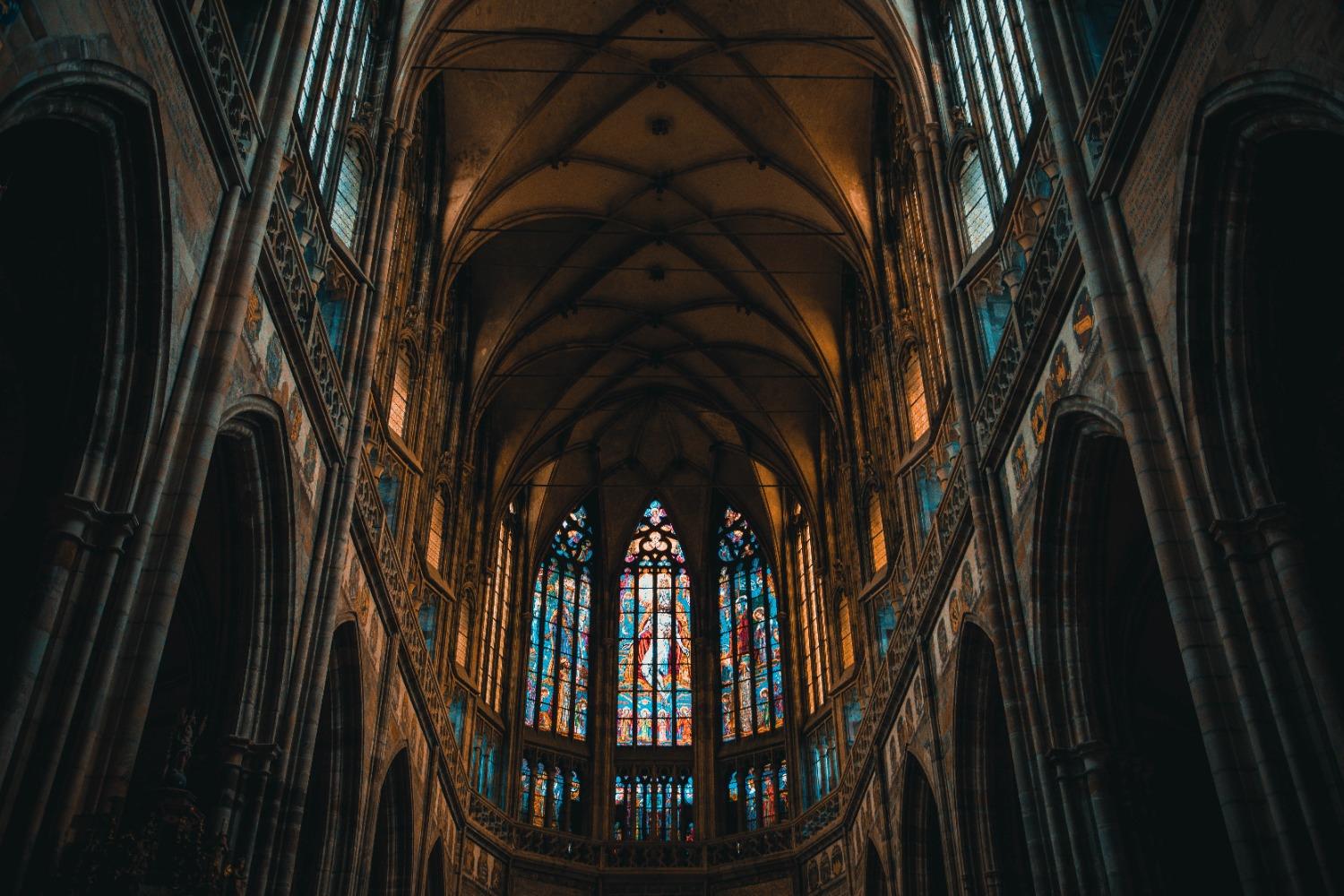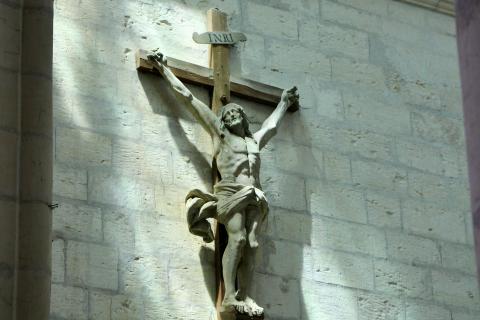
Agnostics – particularly the “new agnostics,” as a recent First Things article by Tom Hiney dubs them – sometimes defend their position by claiming an apparently genuine intellectual humility: “Who am I to say whether God exists?” Jordan Peterson once put it.
The position resists the provocative stance of the “New Atheism,” a movement of the early 2000s led by figures like Richard Dawkins and Christopher Hitchens that aggressively rejected any kind of theistic belief and its political and social influence.
But a development from “new atheism” to “new agnosticism” is not necessarily a step in the right direction. The latter still tends to function as a practical atheism, ignoring God as a player in life’s drama by not thinking about him at all or by relegating him to a vague philosophical concept that may explain a few things but that makes no demands on behavior. Its mantra tends to be “Let me alone!” and its exemplar a figure like Graham Greene, an author celebrated for his fiction and wondered at for his tumultuous relationship with Catholicism. When given a chance to meet Padre Pio, Hiney notes, Greene declined, saying, “I didn’t want to change my life by meeting a saint.”
If alarming for its bluntness, Greene’s comment touches a darkness that lurks in every fallen human soul. We are experts at persuading ourselves that what we do not want to be true is false, or at least uncertain. Even some liberal strains of Christianity jumble God as He truly is – Father and Master of our lives, to whom we are meant to entrust ourselves and our plans entirely – and treat Him instead as a motivating character for what they want to do anyway: eradicate hunger, save the planet, fight oppression.
However it takes root, this “new agnosticism” is, perhaps, the fruit of a potent combination of fear, pride, and a small-souled aversion to the truly life-transforming call to holiness. That’s a call that may fairly make us tremble, but not cut corners around what it means. After all, we follow the One who “was dragged through the streets for us.”
But lest we be touched by the fears or pusillanimity of our age, Hiney suggests, we might remember that the question “Who am I to say whether God exists?” contains a more fundamental one: “Who am I?” Real intellectual humility means being willing to accept that we have an answer, which we need to be ready to abandon ourselves to if we are to hear it: children of God, made in His image, and designed through Christ to share His own nature.
As we progress through the season of Advent, it’s important to remember: “Advent is not about slowing down reality to reflect on a fantasy; rather, it is about stepping out of a fantasy to live in reality.”
Tomorrow is the Feast of the Immaculate Conception, in which Mary serves for Catholics as an icon of relationality.
What happens when a student places a professor in Dante’s third circle of hell for the sin of gluttony? The professor reflects.
Earlier this week, the pastor of the only Roman Catholic parish in Gaza reported on the experience of Christians in the battered region.


